Students in Morocco:
Our parents are worried that we will come home as victims of violence
Students in Morocco:
Our parents are worried that we will
come home as victims of violence
Text and photos: Salim Tayssir Melhem
Fez, Morocco
March 7, 2023
Clashes between students and other conflicts have been a problem at the state university of Fez for many years. A new DIGNITY project aims to prevent violence on campus.
Hiba, 24, is one of 44,000 students at the Faculty of Law, Economics and Social Sciences at Sidi Mohammed Ben Abdellah University in the Moroccan city of Fez.
On a daily basis, she does her best to pursue her studies in International Business Law. But like many of her fellow students on campus, she feels insecure when she is at the university, which for many years has been characterized by a high level of conflict between the students themselves, the students towards the police and the administration.
Fez, Morocco
»I feel exposed at university. What I fear most is being subjected to violence or other forms of abuse. I take a lot of precautions when I go to university«, says Hiba, who was born and raised in Fez.
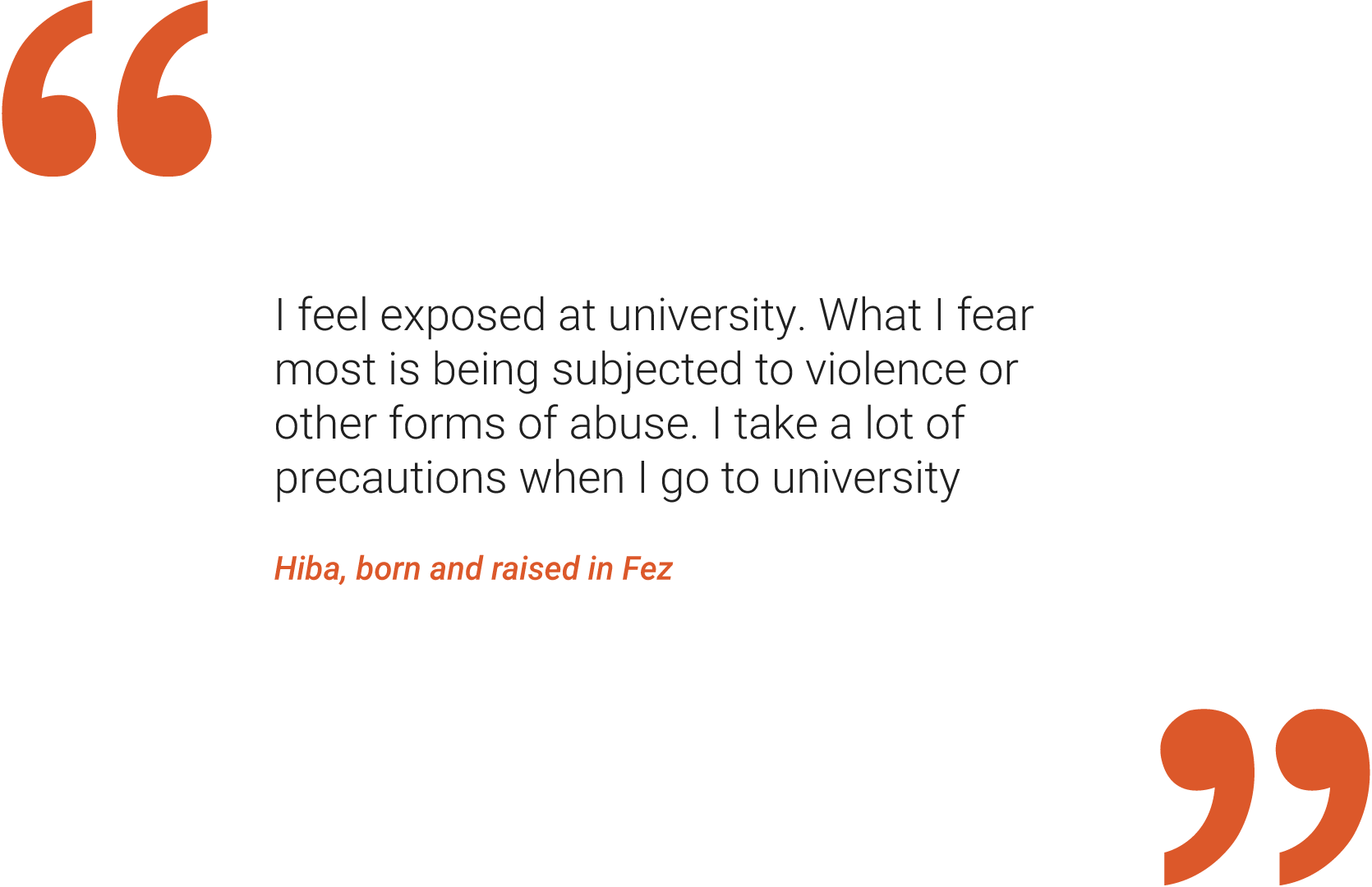
Hiba is not alone with her experience at the university. The stories of violent protests and clashes at the University of Fez and violations of women students in particular have already taken up a lot of space in the Moroccan media.
This is why DIGNITY has started a collaboration with Sidi Mohamed Ben Abdellah University to prevent violence and abuse since 2022.
»There is undoubtedly a problem with security at the university. I dare not make new friends, take the bus or go to university alone. The many stories have stuck with me. I have experienced that a group of fellow students came to me and tried to shame me for my attire«, says Hiba, who is one of the students involved in the project, which runs until 2027.
Basically, the project aims to gather the different actors – students, administration, police, authorities, civil society organizations, and transport company – around the same table to develop common guidelines and solutions to prevent violence. The meetings are facilitated by the university and DIGNITY.
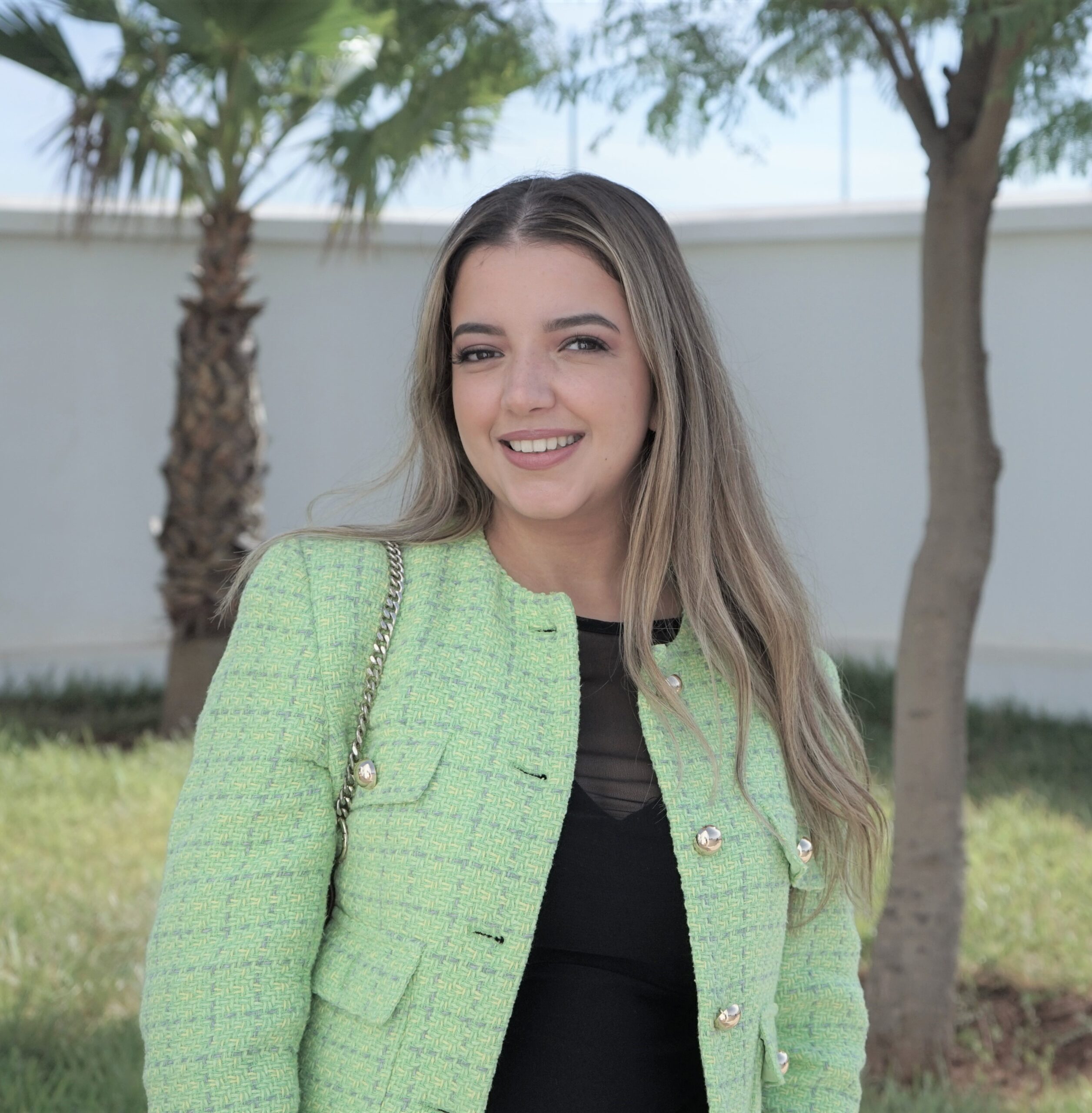
THE PROJECT AND THE UNIVERSITY
The high level of conflict is not only a problem in Fez, but an expression of a tendency that has been seen for decades at several universities in Morocco.
Last year, there were widespread protests among students at Sidi Mohamed Ben Abdellah University, which has about 100,000 students in total. The high bus fares and poor bus connections between the university and the outlying areas of Fez caused great frustration among students.
»For many years, the preventive actions to reduce violence among youth have been relatively weak, isolated, and failed in engaging with all levels of intervention for a coherent response to violence. By opening a dialogue with a broad panel of leaders, representatives, and students about violence at the university, we take the first step for creating a common understanding of the issues and the need to tackle them together«, says Lina Samni, project leader at DIGNITY.
Initially, the project targets one faculty – law, economics, and social sciences – which is also the university’s largest. The plan is to include other faculties where the level of conflict is just as high.
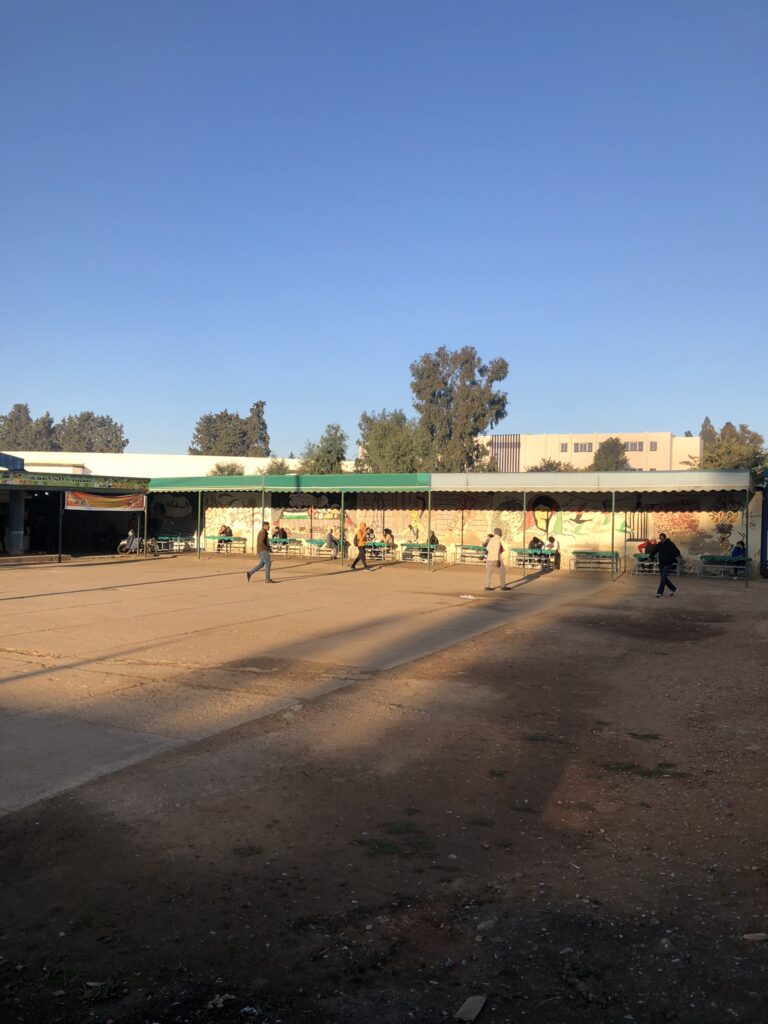
STUDENTS AND THE MANY CONFLICTS
One of the students who also feels the high level of conflict on a daily basis is 25-year-old Asmae, who studies international business law.
»Violent incidents are not atypical at our university or in Morocco in general. Women students in particular are more at risk than others. It’s a big problem because in the past we haven’t had a space to talk about sensitive and taboo topics like abuse that takes place on campus«.
»The project gives us students the opportunity to talk about some of the problems we are experiencing on campus. You regain some of your dignity when you can share your experiences with some of the decision-makers at the university who can help the students«, says Asmae.
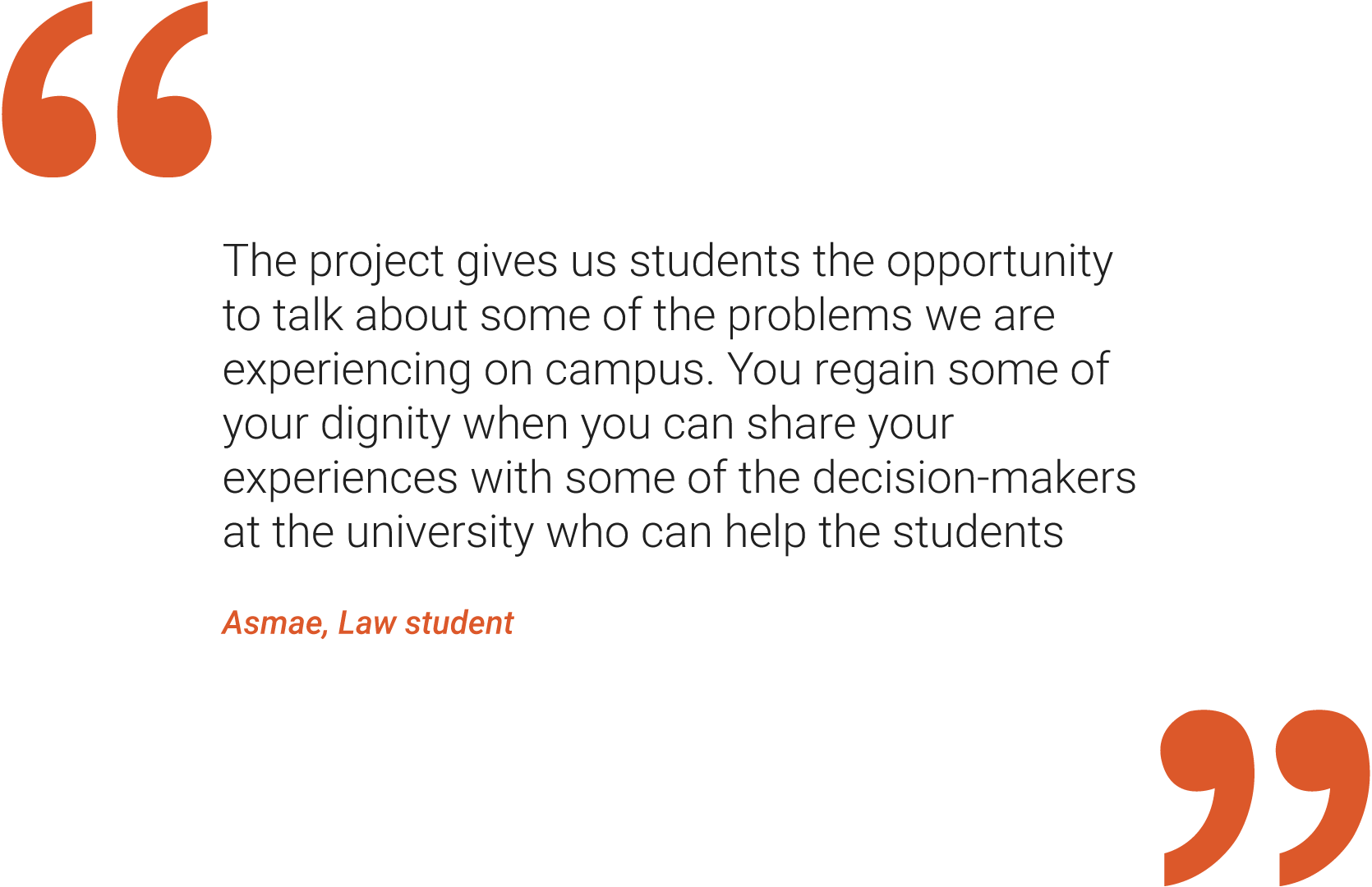
The staff at the university are also aware of the challenges and are pleased that the problems are now being taken care of.
One of them is professor of philosophy Azelarabe Lahkim Bennani, who graduated from the same university and has witnessed the high level of violence on campus when he was a student.
»It may sound trite, but we need to change people’s way of thinking. Violence is never acceptable or a solution. During my studies, many people suffered from the violence at the university – both directly and indirectly«, he says.
Still, he’s optimistic.
»There is still a long way to go, but I can see that together in the project we have created a better relationship between the university and the students. My biggest motivation is that we need a new generation that thinks differently and does not normalize violence and violations«, says Azelarabe Lahkim Bennani.
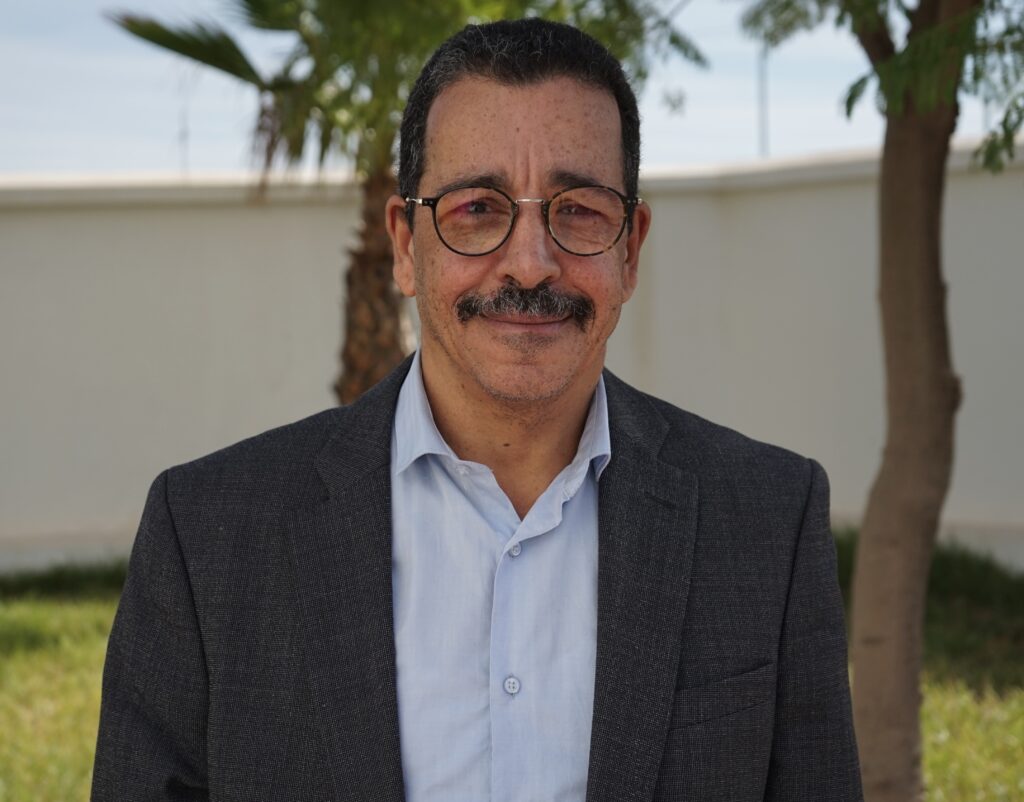
LISTEN TO THE STUDENTS
What does the management at the university say?
The dean of the faculty, Mohammed Bouzlafa, believes that more attention needs to be paid to the students if violence and conflicts are to be eliminated. It is also necessary to create favourable conditions for better integration of students and their participation in decision-making.
»Most of the challenges are not related to the specific programmes at the university. Students demand better living conditions. They want better transport options, university canteens with room for the majority of the students, access to dorm rooms and better communication with the administration«, says Mohammed Bouzlafa.
»It is obvious that you do not get rid of the conflicts in a single day when the challenges have been there for 30-40 years. But there are some things that we can solve right now, and then there are other things that it will take time or perhaps generations to solve«, says Mohammed Bouzlafa, who believes that positive changes have already taken place«.
»The administration has become more transparent. It was not uncommon for students to protest or go on hunger strike in front of the university because they thought we were responding too slowly to their requests. We have also made sure that several of their books have been made available digitally. And we’ve also made sure they have internet both on campus and at home. It sounds like small things, but has a big impact on the students’ everyday lives. This does not mean that all violence and violations have disappeared – but things are moving in the right direction«, Bouzlafa says.
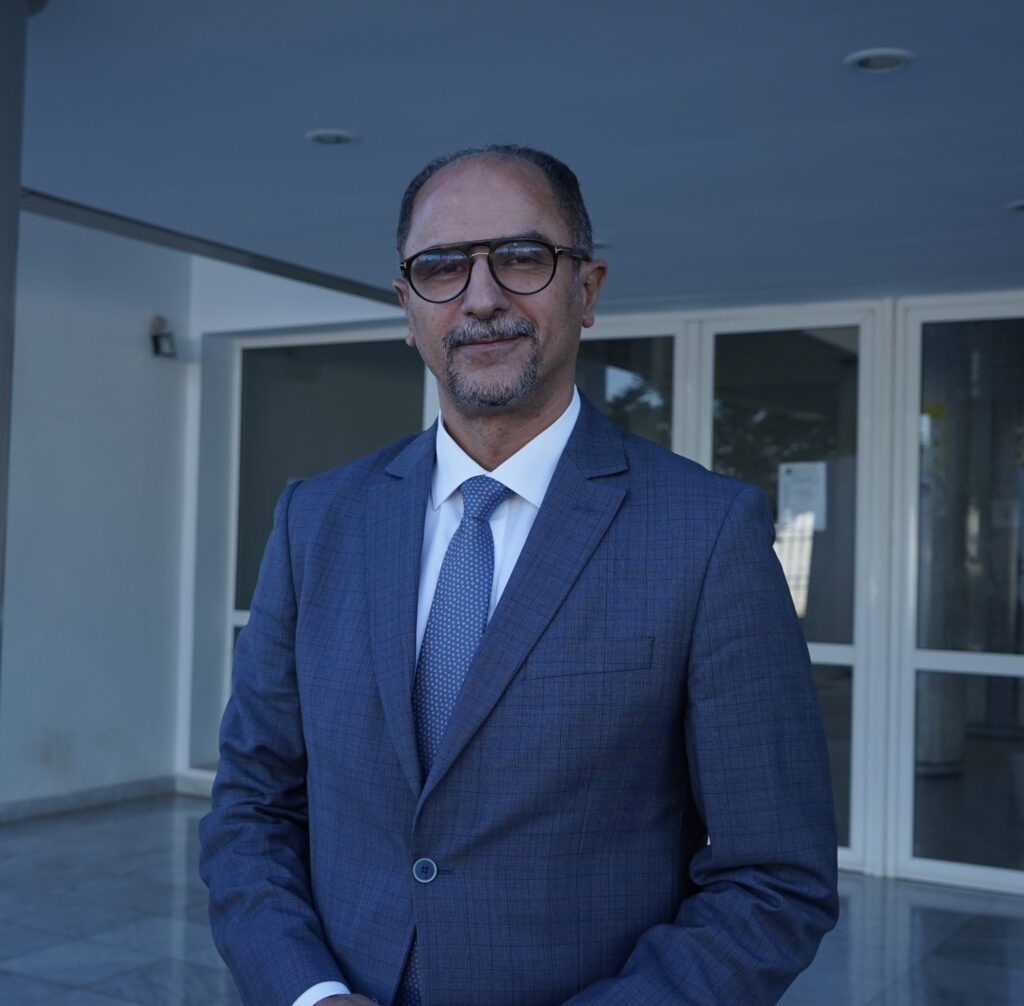
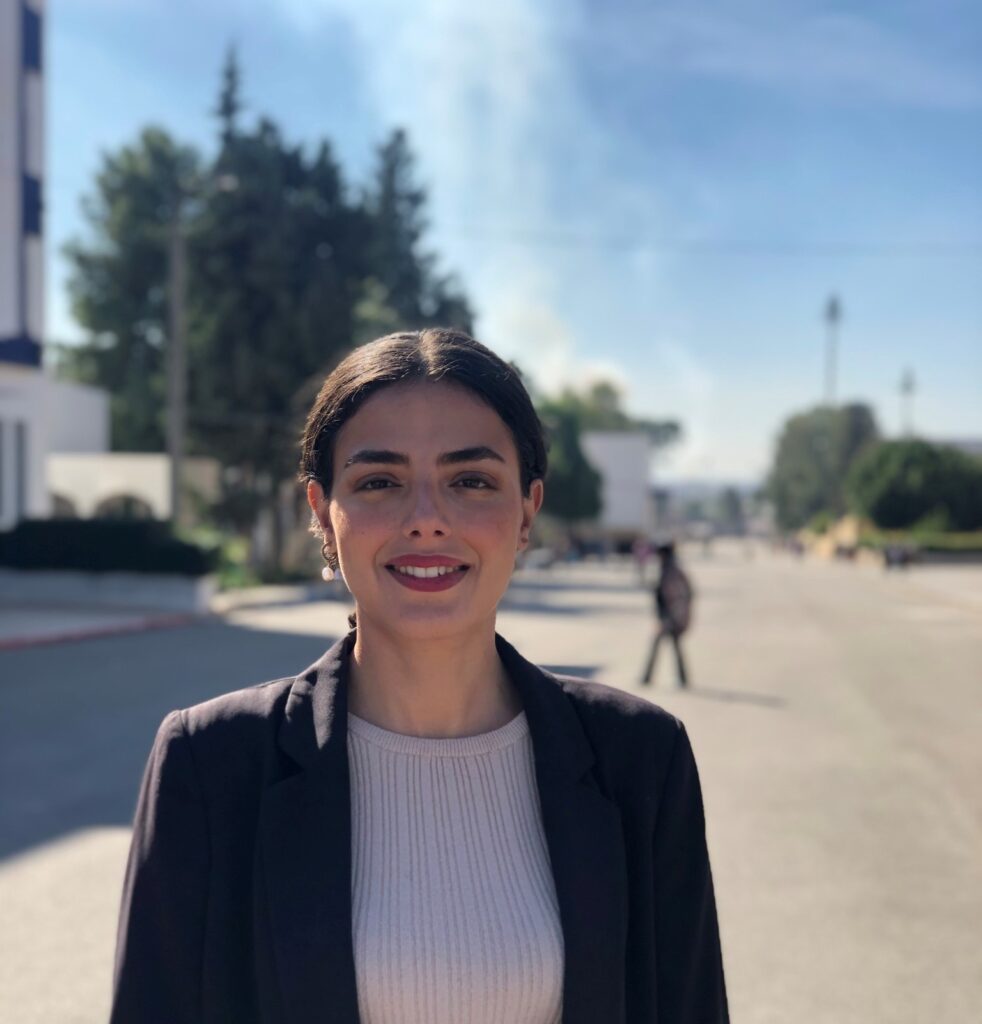
The collaboration between DIGNITY and the University of Fez is inspired by a similar project from Kenya, which DIGNITY has been a part of.
»There are still episodes of violence at the university but compared to few years ago, many students told me that they can see some improvements. The challenges are multiple and our project will not solve all of them, however, we can already see that it encouraged a good dialogue and a positive shift of mindset for putting an end to the violence«, Lina Samni says.
VIOLENCE IN ALL FORMS MUST BE ADDRESSED
The 25-year-old student Asmae believes that information and sensitization on the provisions of the law on violence against women would help victims to understand their rights better.
»For a woman, it is taboo to talk about abuse. We need a place where we can talk openly and support each other. I know that no one complains to the university because it is difficult to talk about. It is important to be able to provide these women with a place where they can get psychological first aid for their experiences. And it is important that we can give the students enough confidence to complain to the administration. Otherwise, the problem will never be solved«.
Asmae has not been subjected to abuse herself, but has seen with her own eyes how her fellow female students have been abused on campus:
»As a Muslim woman, I know the values of my religion, which mean that women must be respected and protected. If you see something wrong, you as a Muslim are obliged to change it«.
Asmae fears that women who have been abused are more likely to drop out of university because they no longer dare to walk on campus or feel shamed to such an extent that they fear what others think of them.
»Even though I’m still afraid to walk around the campus, I can already see that our dean of the faculty has changed some things that have made it easier to be a student. Hopefully life on campus will be better for the next generations. Right now, our parents are worried about whether we will come home from university as victims of violence and abuse«, she says.
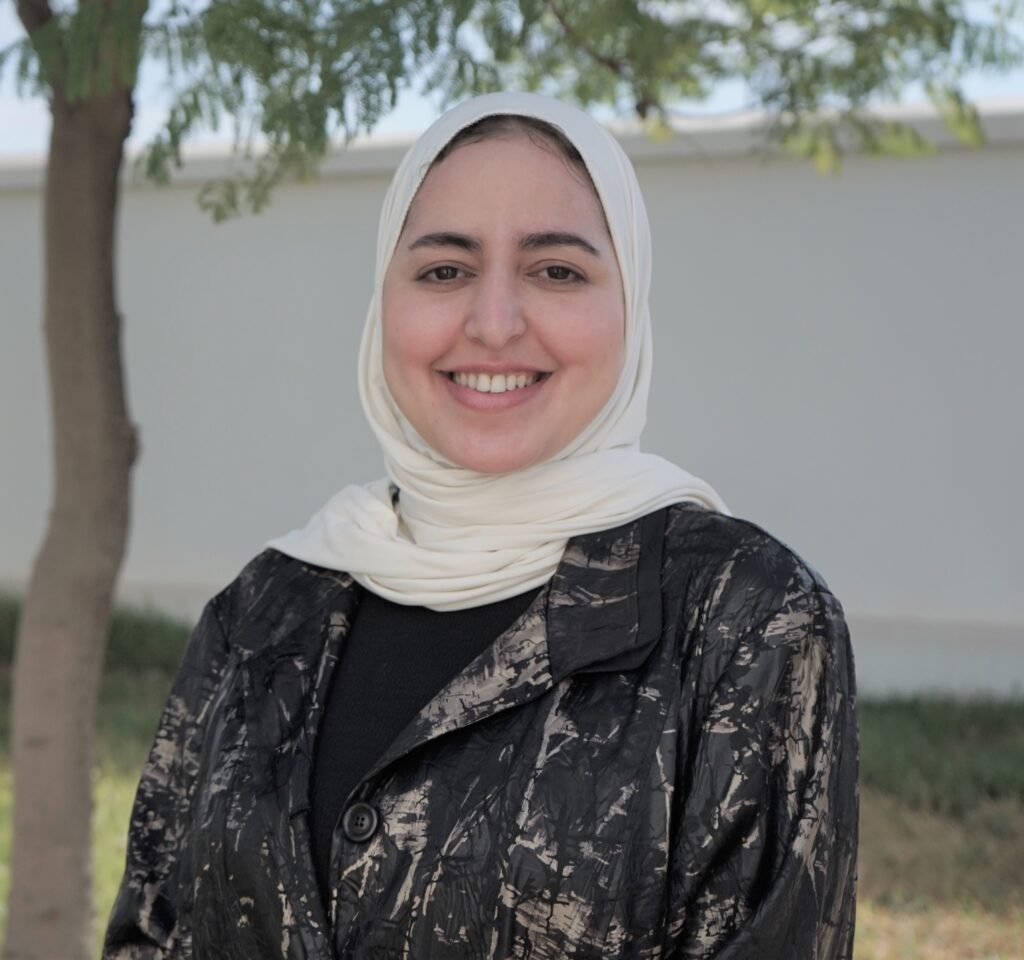
Danish-Arab Partnership Programme
The project in the Moroccan city of Fez is supported by the Danish-Arab Partnership Programme (DAPP), which is Denmark’s cooperation programme with the Middle East and North Africa (MENA). The focus countries in DAPP are Morocco, Tunisia, Egypt, and Jordan.
In July 2022, the second phase of DAPP began. It extends the programme to 2027. The aim is to promote and strengthen the rights of young people through support for an independent civil society that involves and gives influence to younger generations. At the same time, the programme supports governments in the Middle East and North Africa in developing legislation and institutions in favour of advancing the influence of young women and men and respect for human rights.
DIGNITY leads the new consortium of organisations, which includes the Danish Institute for Human Rights, International Media Support and KVINFO. The consortium is also supported by others, including the Tunisian organisation Munathara, the international organisations EuroMed Rights and the Euro-Mediterranean Foundation of Support to Human Rights Defenders, as well as the Danish organisations Danner and Sex & Samfund.
Read more here: New Danish initiative will promote youth rights in Middle East and North Africa – DIGNITY – Danish Institute Against Torture

© 2023 DIGNITY. All rights reserved.
